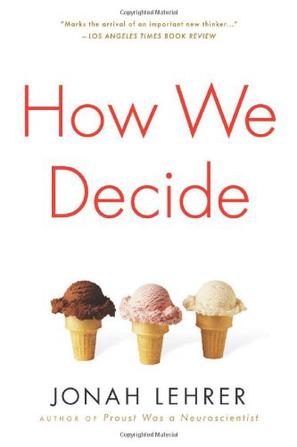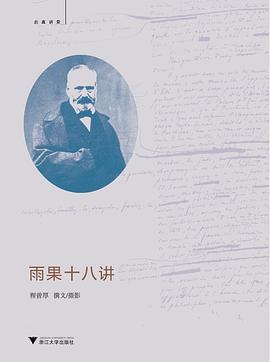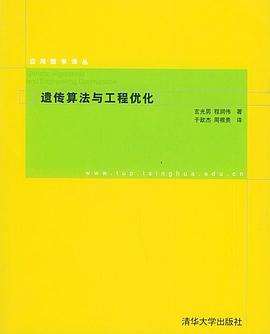内容简介
Product Description
The first book to use the unexpected discoveries of neuroscience to help us make the best decisions.
Since Plato, philosophers have described the decision-making process as either rational or emotional: we carefully deliberate, or we blink and go with our gut. But as scientists break open the mind's black box with the latest tools of neuroscience, they re discovering that this is not how the mind works. Our best decisions are a finely tuned blend of both feeling and reason and the precise mix depends on the situation. When buying a house, for example, it s best to let our unconscious mull over the many variables. But when we re picking a stock, intuition often leads us astray. The trick is to determine when to use the different parts of the brain, and to do this, we need to think harder (and smarter) about how we think.
Jonah Lehrer arms us with the tools we need, drawing on cutting-edge research as well as the real-world experiences of a wide range of deciders from airplane pilots and hedge fund investors to serial killers and poker players.
Lehrer shows how people are taking advantage of the new science to make better television shows, win more football games, and improve military intelligence. His goal is to answer two questions that are of interest to just about anyone, from CEOs to firefighters: How does the human mind make decisions? And how can we make those decisions better?
......(更多)
作者简介
About the Author
Jonah Lehrer is editor at large for Seed magazine and the author of Proust Was a Neuroscientist (2007) and How We Decide (February 2009). A graduate of Columbia University and a Rhodes Scholar, Lehrer has worked in the lab of Nobel Prize winning neuroscientist Eric Kandel and has written for the New Yorker, Wired, Boston Globe, Washington Post, and Nature, and writes a highly regarded blog, The Frontal Cortex. Lehrer also commentates for NPR s Radio Lab.
......(更多)
目录
......(更多)
读书文摘
表扬孩子先天智力(“你很聪明”的称赞)的问题在于它违背了神经元的实际学习模式,这种表扬方式不利于孩子进行尝试,因此,孩子也不可能从错误中学习。除非我们体验到了“做错了”带来的不快,我们大脑是绝不会修正它的预测模式的。取得成功之前,大脑必须不断犯错,这个过程很痛苦,但没有捷径可走。
......(更多)






